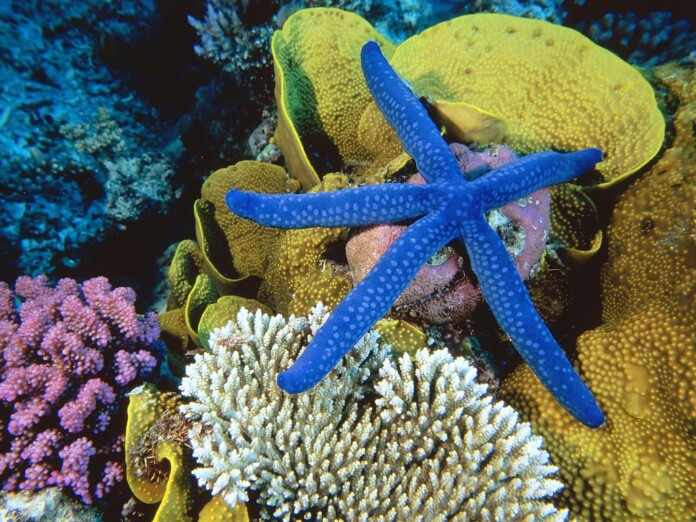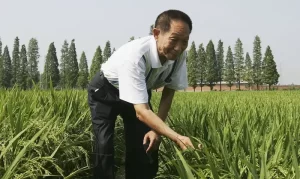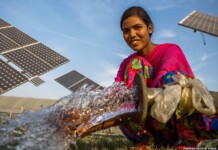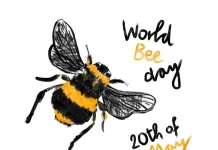Amidst a lot of gloom stories in 2022, there were several that offer hope. Among the many listed by www.humanprogress.org, SustainabilityNext has picked eight – ones that have a wider implication.
The world has passed peak agricultural land
The world produces more food than ever, but the amount of land we use is now falling. This means we can feed more people while restoring wild habitat.
A newly developed perennial rice cut labor and input costs in half
After more than 9,000 years in cultivation, annual paddy rice is now available as a long-lived perennial. The advancement means farmers can plant just once and reap up to eight harvests without sacrificing yield.
India has almost wiped-out extreme poverty
India has almost eradicated extreme poverty and brought down consumption inequality to its lowest levels in 40 years through state-provided food handouts, according to a new working paper published by the International Monetary Fund (IMF).
The Great Barrier Reef had an impressive recovery
Despite the reported conditions, the reef had somehow restored itself, filled with life and color once more. It can be traced to two key factors – The first – half of the corals had not died, as was previously thought. Despite the rise in temperatures, there were enough surviving corals left behind to help reproduce and replenish the reefs.
The second factor was the Kiribati government’s decision to fully protect those waters.
Trees are growing larger
Trees are getting bigger because of more carbon dioxide in the atmosphere and are likely to be helping to mitigate global warming more than what climate models suggest.
Wildlife is making a comeback in Europe
Wolves, brown bears and white-tailed eagles are among the top predators making a comeback across Europe, according to a major report that looks at how some wildlife is rebounding.
Researchers analyzed data on 50 wildlife species whose population size and geographical distribution have expanded over the past 40 years to show how effective legal protection, habitat restoration and reintroductions can drive species recovery.
Chinese scientists developed rice that can grow in salty soil
Chinese scientists have developed salt-tolerant strains of rice in a bid to ensure food security as sea levels rise from climate change.
Alternative to Lithium Batteries Four Times More Effective
They rely on chemical reactions between a sulfur cathode and a sodium anode to store and deploy electrical energy, and they use low-cost materials, which can even be easily extracted from saltwater.
https://www.mdpi.com/1420-3049/26/6/1535
Lithium metal batteries have achieved large-scale application, but still have limitations such as poor safety performance and high cost, and limited lithium resources limit the production of lithium batteries. The construction of these devices is also hampered by limited lithium supplies. Regardless of safety performance or energy storage performance, room temperature sodium-sulfur batteries have great potential as next-generation secondary batteries.












